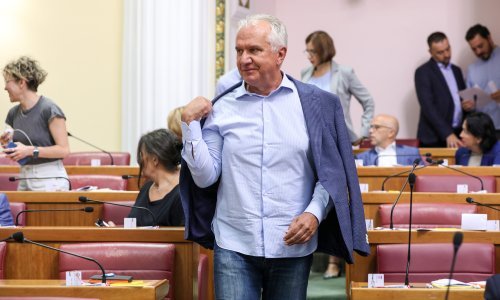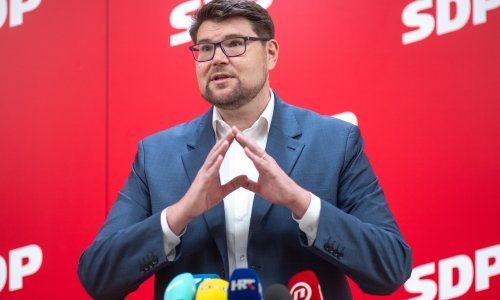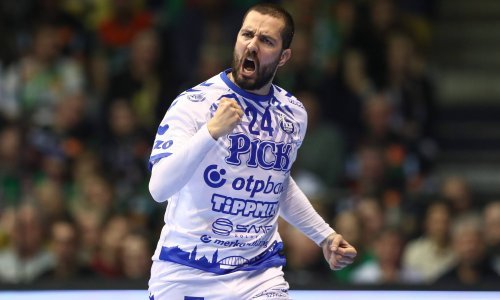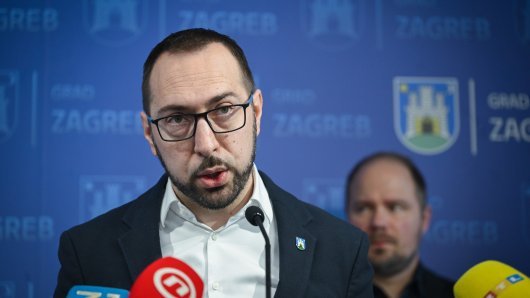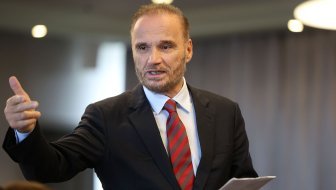After Monday's conciliation round between the government and physicians' and nurses' unions failed, Croatian Physicians' Union president Ivica Babic said 70 per cent of the medical staff - 46,000 physicians and nurses from all over Croatia - would go on strike in the autumn.
Speaking to the press, union president Ivica Babic said the government had shown all its hypocrisy by sending to the round a representative who was not authorised to sign a conciliation agreement.
He said the physicians' and nurses' unions would meet in the days ahead to coordinate the strike.
He said the two unions had asked for putting an end to pressure on fellow workers who demanded the right not to work more than 48 hours a week, adding that they would notify the European Commission.
Babic said the two unions had asked for defining the deadline by which negotiations on a collective agreement should be completed, that the government say which articles in the agreement it found contentious, and negotiations on them.
Asked what would happen to patients during the strike, Babic said "they should ask the government what it is doing." He added, however, that the two unions would try to organise the strike in such a way that patients suffered as little as possible.
Health Minister Rajko Ostojic regretted that the conciliation had failed, saying a strike was a legitimate right and that patients' well-being would be respected in line with medical ethics.
He said there were two different agreements and that the government representative was authorised to sign the conciliation agreement.
Ostojic said the other proposal was to sign an agreement which would include provisions that would have the effect of a collective agreement. "We can't do that. We didn't have the authority for that."
The minister said the government had offered many concessions and compromises and been willing to wrap up the conciliation process.
He said that although the November 2011 collective agreement was declared invalid in court four times, the ministry continued to pay salaries in accordance with it, otherwise "the nurses and the physicians on call in June would have received the bare salaries, meaning 50 to 70 per cent less."
Ostojic said the negotiations resumed in July and that the government had offered negotiations on the content of the collective agreement, but that the unions offered a solution that was virtually unlawful.
"We will keep on doing everything under the law. This isn't a struggle between the state and the unions, this is a matter of justice," he said.
The government will resume negotiations on a new collective agreement only with the Independent Union of Health and Welfare Employees, in the next five to seven days, according to the minister.





